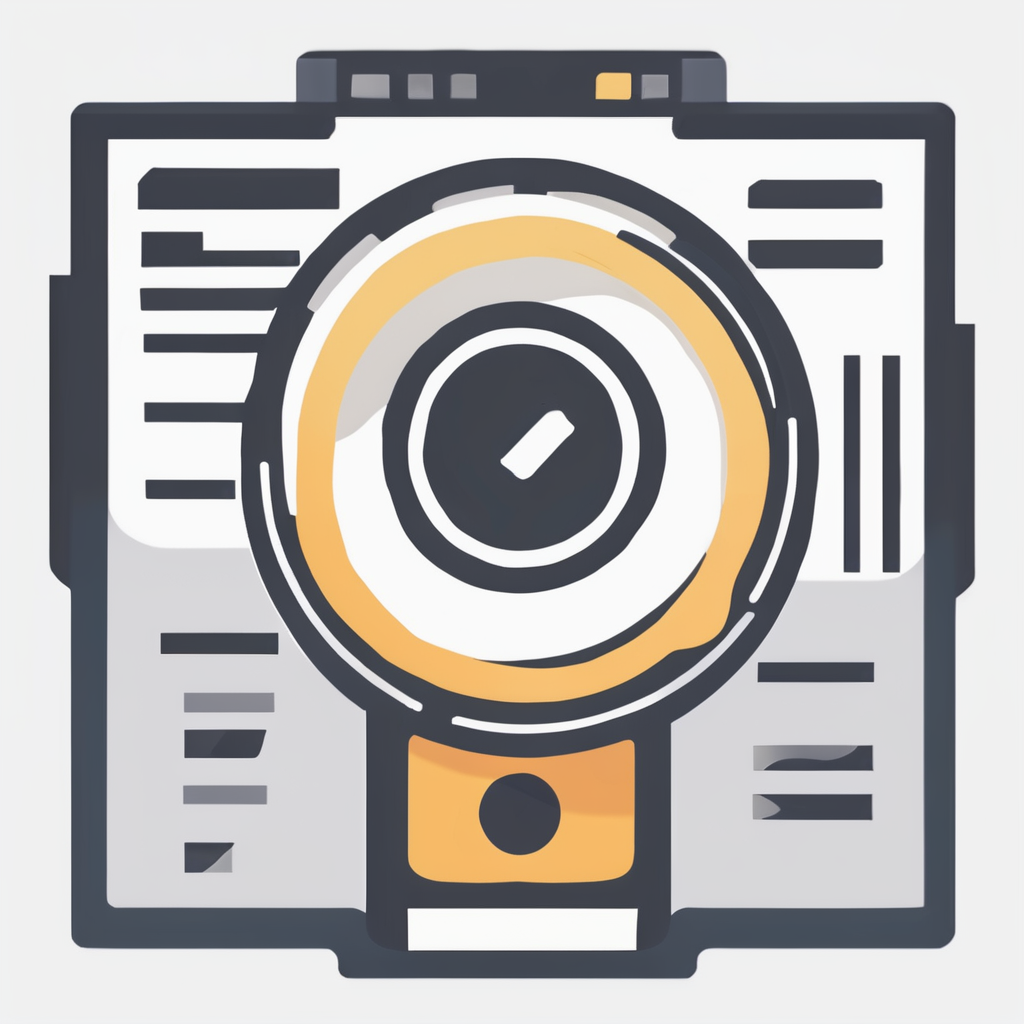Key Current Developments Transforming UK Healthcare Technology
The UK healthcare sector is experiencing remarkable digital health advancements that reshape patient care and operational efficiency. Among the forefront of UK healthcare innovations are AI-driven diagnostics, which enhance accuracy and speed in disease detection. Simultaneously, telemedicine has become a vital service, especially post-pandemic, enabling remote consultations and expanding access to healthcare. Wearable health devices are also gaining traction, empowering patients with chronic conditions to monitor their health continuously.
A significant current healthcare tech trend UK is the widespread adoption of electronic health records (EHRs). NHS trusts increasingly integrate EHRs, facilitating seamless information exchange and improving clinical decision-making. This integration ties into several large-scale projects aiming to unify healthcare data across platforms, promoting coordinated care.
Also to read : How is the UK promoting healthy lifestyles among children?
Ongoing initiatives include partnerships between healthcare providers and technology firms attempting to scale AI diagnostics and wearable tech trials further. These projects reflect a broader trend toward harnessing data and digital tools to enhance service delivery. Together, these innovations demonstrate the UK’s commitment to evolving healthcare technology to meet modern demands.
Impact and Implementation of AI in UK Healthcare
AI in UK healthcare is revolutionising diagnostic and decision-making processes, offering enhanced accuracy and speed. Machine learning medical applications power these advancements by analysing vast datasets to identify patterns invisible to human clinicians. This capability supports not only diagnostics but also patient triage, enabling quicker, more precise allocation of medical resources across NHS and private sectors.
In parallel : What Are the Most Effective Strategies for Mental Health Awareness in the UK?
Successful pilot projects showcase tangible benefits, such as reduced diagnostic errors and streamlined workflows. For example, AI algorithms have been applied in radiology to detect abnormalities earlier, improving patient outcomes. These case studies illustrate the practical impact of AI-powered tools within everyday clinical settings.
Regulatory and ethical considerations are pivotal in AI adoption in the UK healthcare landscape. Compliance with UK medical device regulations ensures safety, while ethical frameworks address concerns like data privacy and algorithmic bias. Ongoing dialogue among policymakers, clinicians, and technologists is essential to balance innovation with patient trust.
This integration of machine learning medical applications exemplifies one of the most promising current healthcare tech trends UK, underpinning the sector’s shift toward more automated and data-driven care delivery.
Telemedicine and Remote Healthcare Services Growth
Telemedicine UK has rapidly expanded due to increasing demand for convenient healthcare access. The pandemic accelerated remote healthcare trends, positioning virtual consultations as a core element in NHS digital services. This expansion allows patients, especially those with mobility challenges or living in rural areas, to receive timely medical advice without visiting clinics physically.
Improved access through telemedicine UK has led to better patient outcomes by enabling early intervention and continuous monitoring. For example, patients managing chronic illnesses can now consult specialists remotely, ensuring ongoing care without frequent hospital visits. This contributes to reducing costs and easing pressure on NHS resources.
However, remote healthcare trends face challenges such as variable internet connectivity and digital literacy gaps among certain populations. NHS digital services prioritize addressing these limitations by investing in user-friendly platforms and safeguarding patient data privacy.
In summary, telemedicine UK is an essential pillar of current healthcare tech trends UK, improving accessibility while highlighting the need for inclusive technology design and infrastructure investment in digital health advancements.
Role of Digital Health Records and Health Data Security
Digital health records UK now form the backbone of modern healthcare infrastructure, with widespread EHR adoption across NHS trusts. Integration of electronic health records not only streamlines clinical workflows but enhances data sharing among care teams, facilitating more informed decisions. Current healthcare tech trends UK prominently feature projects focused on unifying disparate data sources into interoperable systems, crucial for coordinated patient management.
With digitisation comes heightened focus on health data security UK. NHS organisations implement stringent cybersecurity measures aligned with UK data protection standards such as the Data Protection Act and GDPR. These safeguards protect sensitive patient information against breaches, maintaining public trust in digital health advancements. However, risks persist, requiring continuous investment in security technologies and staff training.
The benefits of digital health records UK include improved accuracy, real-time access to patient history, and reduced administrative burden. Yet challenges arise, such as resistance to change among healthcare professionals and concerns over data privacy. Addressing these issues involves clear communication, robust security protocols, and user-friendly EHR systems tailored to clinical needs.
In summary, the widespread EHR adoption combined with rigorous health data security UK measures represents a foundational element of current healthcare tech trends UK, driving safer, more efficient patient care across the NHS.






